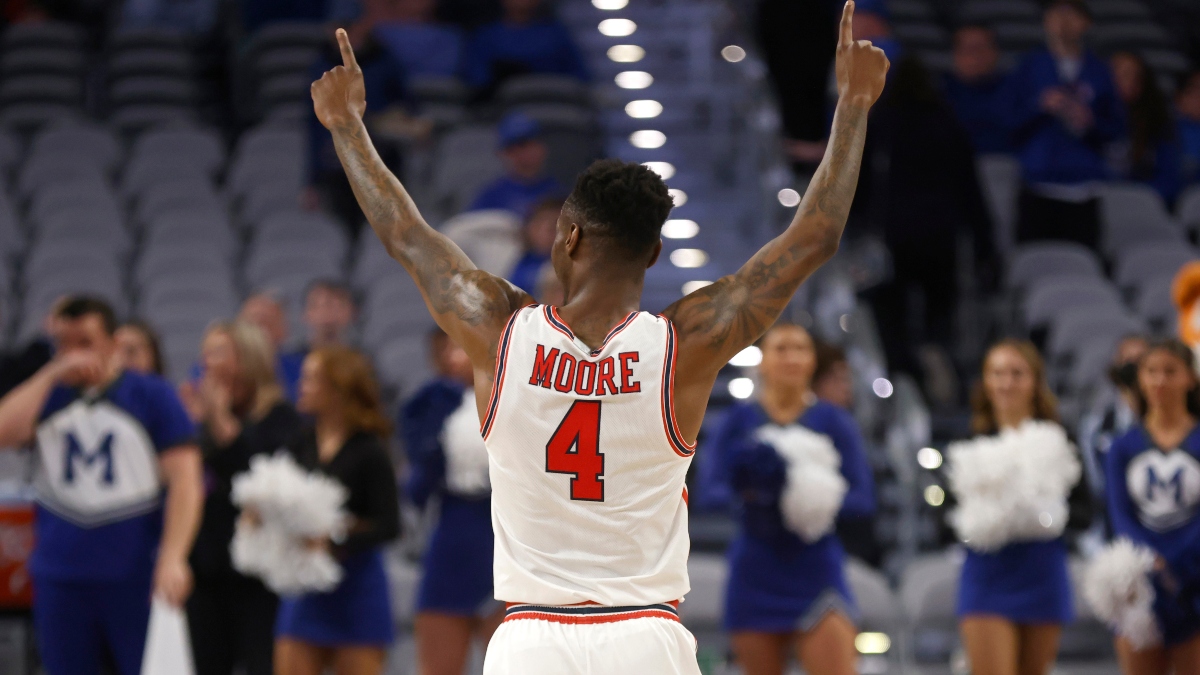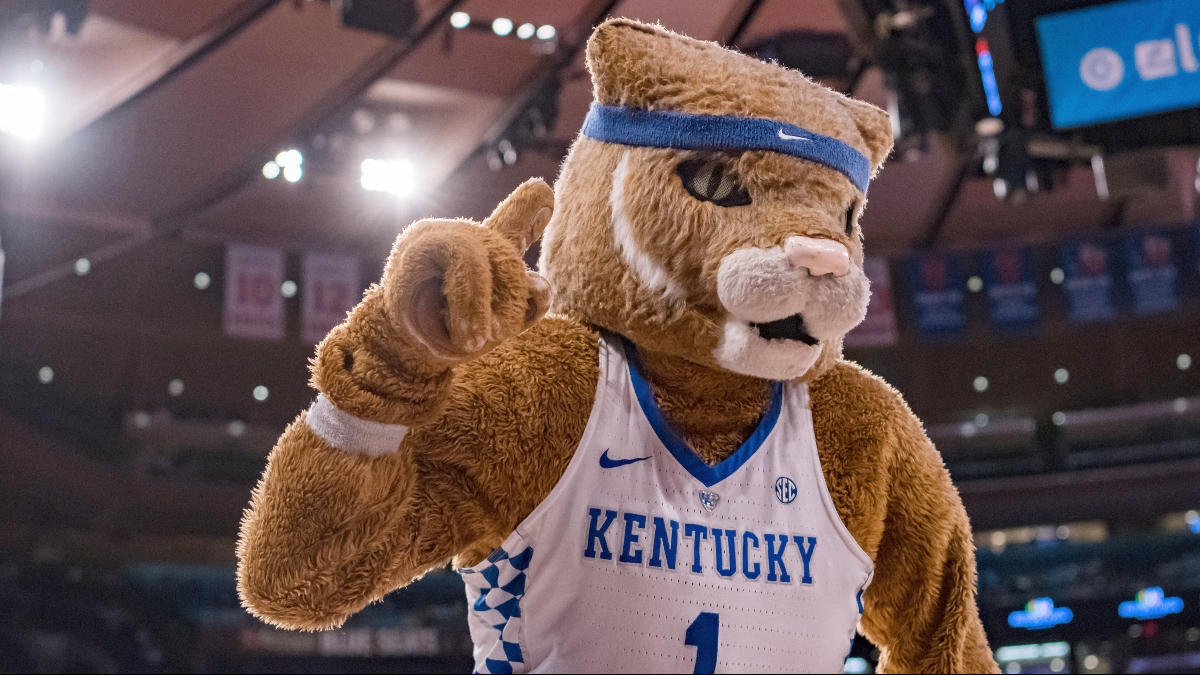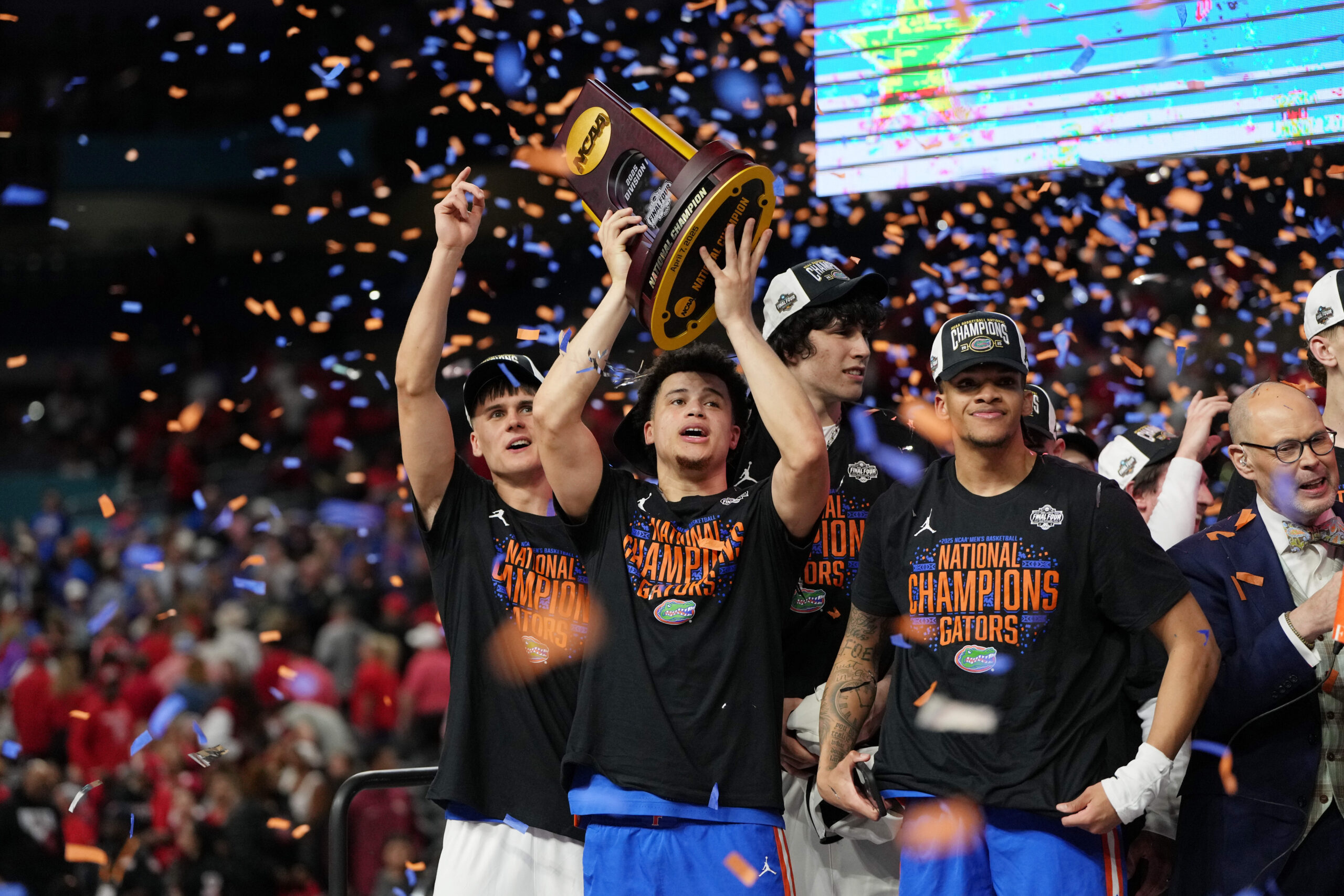"You have to pick a 12-seed to upset a 5-seed when filling out your March Madness bracket," is something you hear often in the days leading up to the NCAA Tournament's Round of 64.
While I'm not here to offer advice on the best way to approach your NCAA Tournament bracket pool (that's Sean Koerner's job), I do want to tackle this narrative for college basketball bettors.
Is there any truth to the idea that 12-seeds overperform vs. 5-seeds in the NCAA Tournament? Or is it just that, a narrative?
And more importantly, what has it meant historically for bettors? Has there been an against-the-spread (ATS) advantage for 12-seeds in the Round of 64 as well?
Thanks to our Bet Labs software, we can answer those questions quite easily.
NCAA Tournament Betting: 12-Seeds vs. 5-Seeds
Interestingly, 12-seeds have overperformed, in terms of ATS results, when facing 5-seeds in the Round of 64.
Dating back to 2005, 12-seeds are 32-27-2 (56.5%) ATS in these matchups, covering the number by an average margin of 1.5 points.
I initially came into this research expecting that even if 12-seeds have been profitable ATS in this spot, that the edge would have dissipated in recent years.
However, that is not the case.
Over the past five NCAA Tournaments, 12-seeds are 12-7-1 ATS for a 63.2% win rate while covering by an average of 3.48 points.
Here's a look at the latest March Madness odds for the upcoming 12-seed vs. 5-seed NCAA Tournament matchups as of Tuesday morning.
- No. 12 New Mexico State vs. No. 5 Connecticut (-6.5)
- No. 12 Richmond vs. No. 5 Iowa (-10.5)
- No. 12 UAB vs. No. 5 Houston (-8.5)
- No. 12 Indiana/Wyoming vs. No. 5 Saint Mary's (n/a)


















































